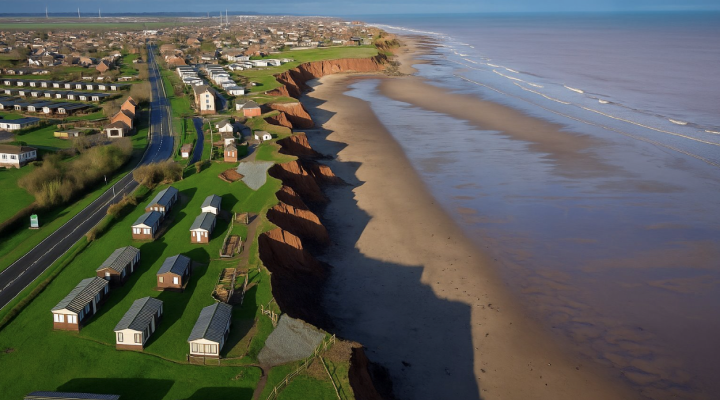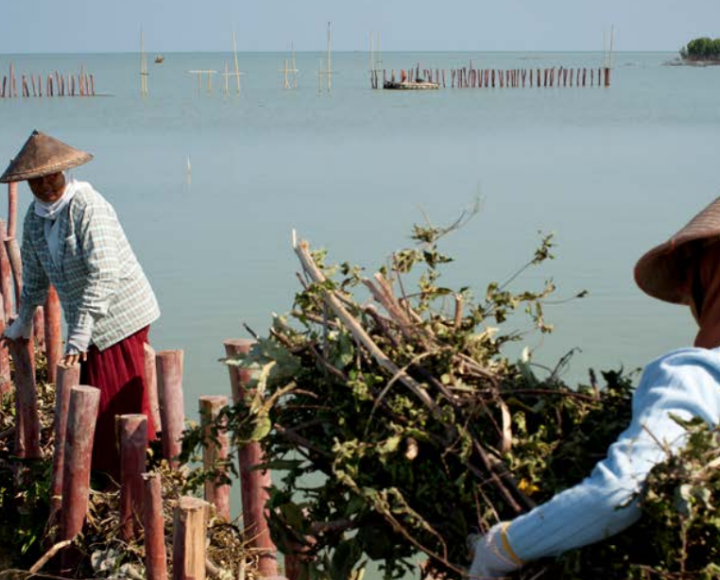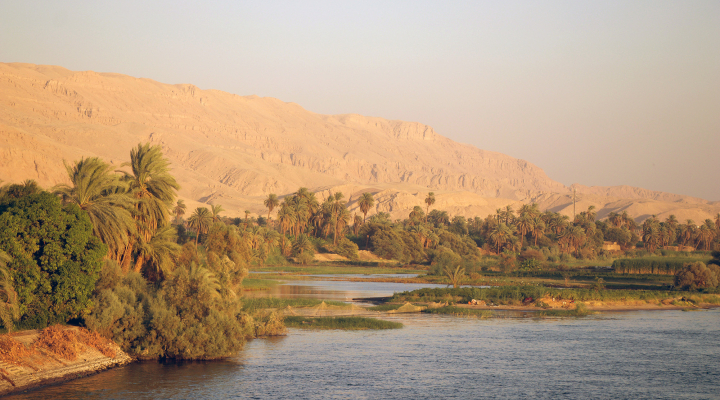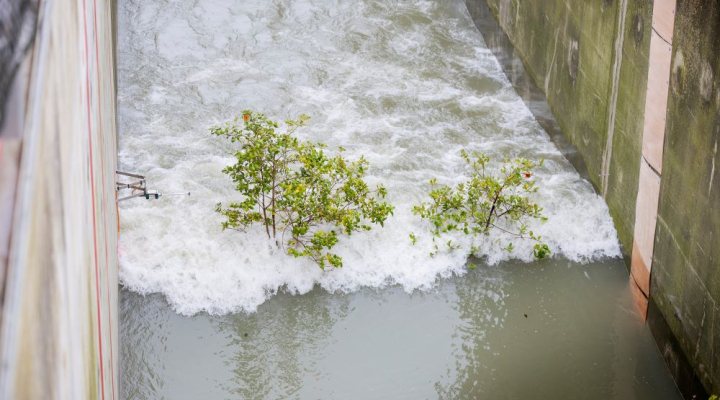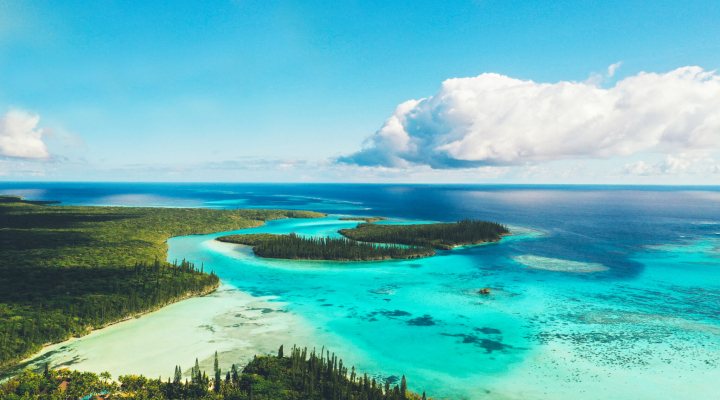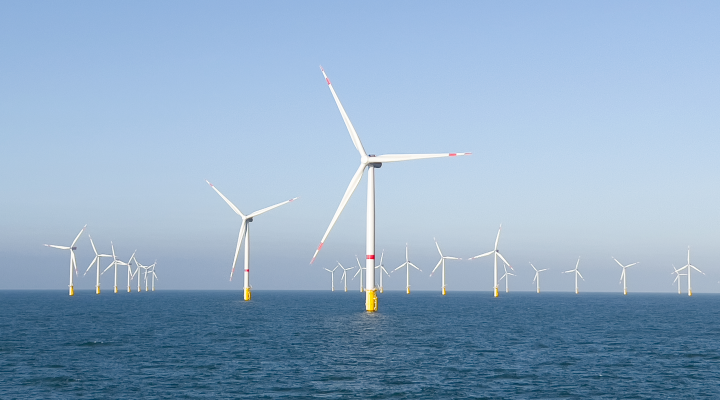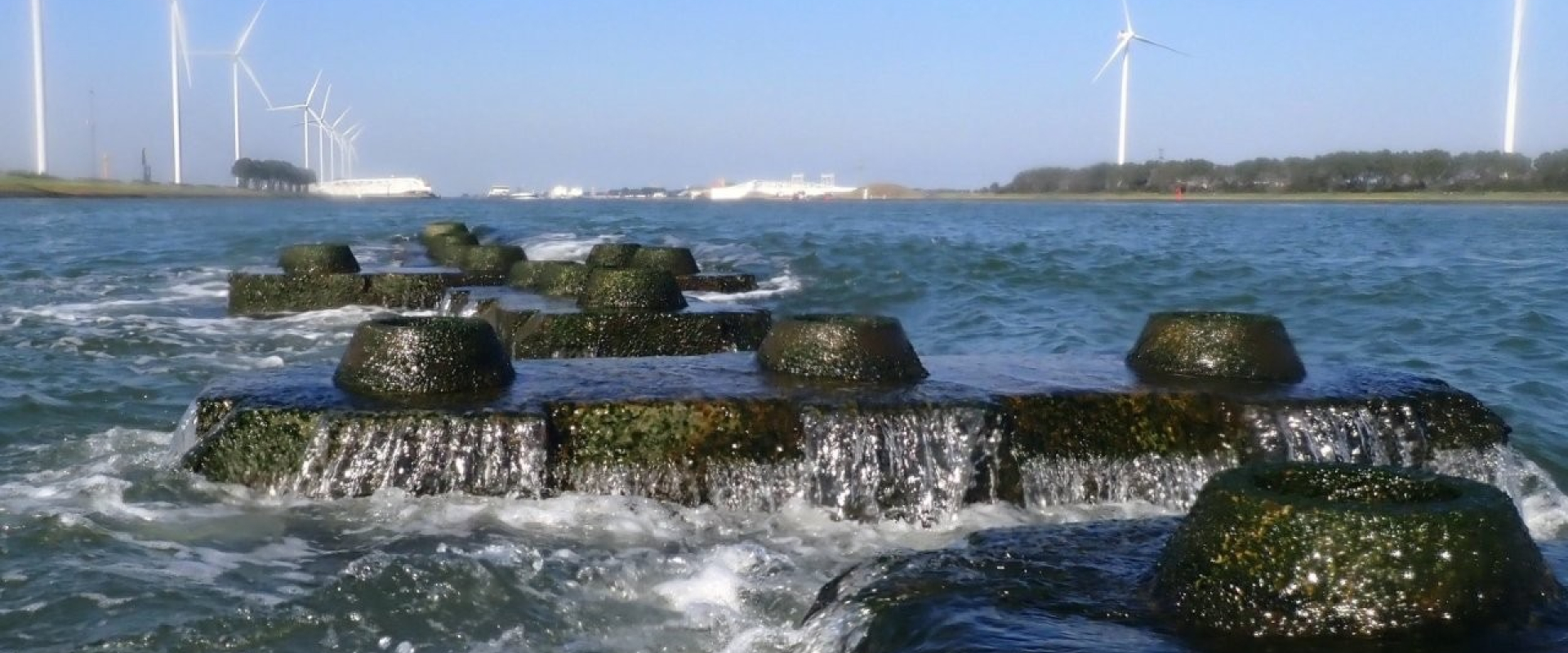
Reef blocks in Rotterdam drive biodiversity and coastal resilience
Two years after installing an artificial reef using reef blocks in the Port of Rotterdam to reduce the impact of heavy waves and foster a rich underwater landscape, the project has proven that infrastructure development and nature restoration can go hand in hand.
The reef blocks have notably enhanced the Port of Rotterdam’s busiest shipping channel, giving rise to greater species diversity, cleaner water, and a stronger ecosystem. Monitoring shows that the reef offers shelter to a variety of marine species, increasing the biodiversity.
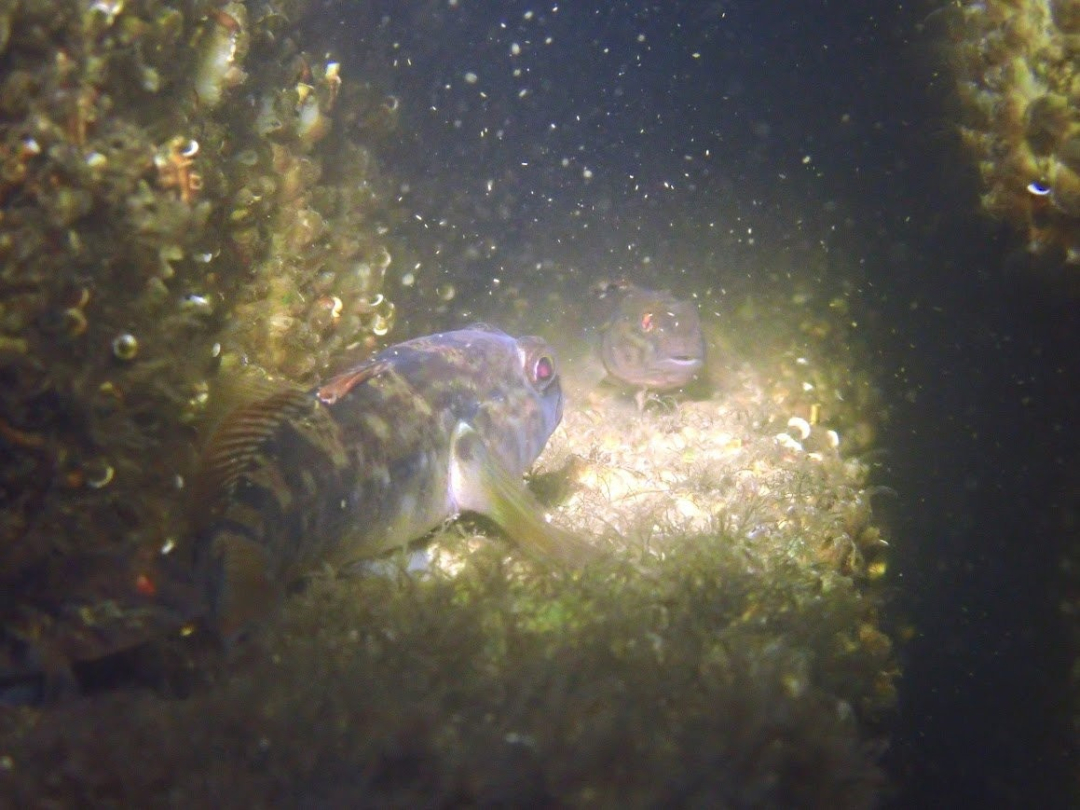

In 2023, a Dutch consortium comprising Rijkswaterstaat (Directorate-General for Public Works and Water Management), the Municipality of Rotterdam, Boskalis, and Reefy installed the ‘Rotterdam Reef’, a modular reef structure consisting of 17 three metre long and six tonne concrete blocks featuring tunnels, shaded passages, and rough textures. The structure has created a dynamic ecosystem where fish, crabs, and shrimp can thrive, offering protection for both coastlines and marine life.
In addition, the rough surfaces of the reef blocks have encouraged shellfish and the growth of algae, leading to three times higher biodiversity compared to standard concrete structures. Petra de Groene, Director of Economy and Sustainability at the Municipality of Rotterdam, said that “Learning by doing helped us bridge the gap from lab testing to real-world application, where concrete and biodiversity work hand in hand."
Research involving environmental DNA (eDNA) has confirmed that the Port of Rotterdam’s main channel serves as a crossroads for freshwater, saltwater, and migratory fish species. The reef supports fish migration, promotes continuous water circulation and enhances water quality through natural filtration.
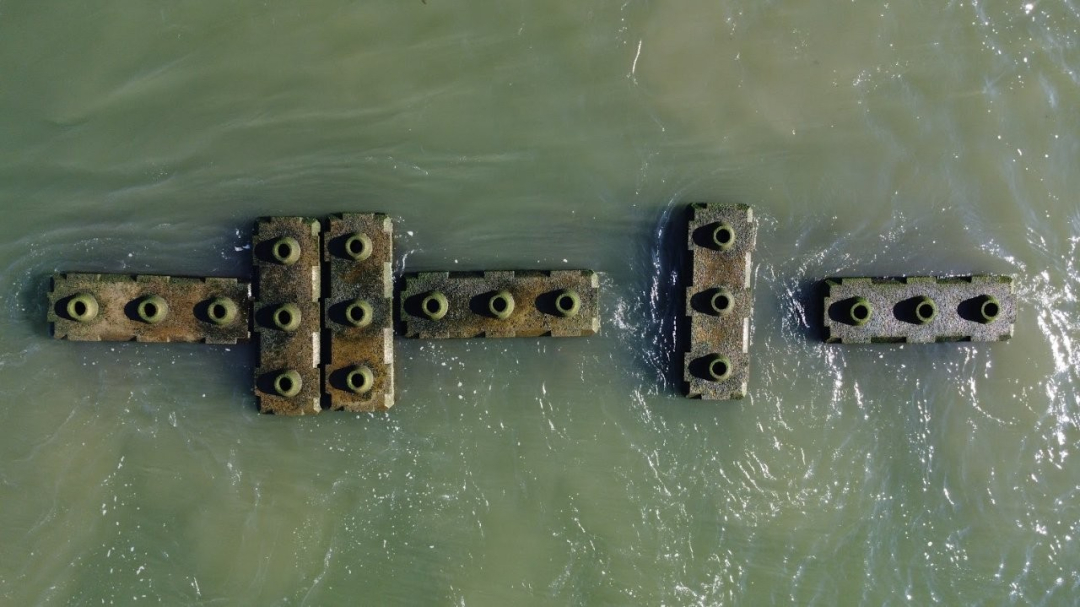

In terms of technical performance, the reef blocks have proven to be resilient under extreme weather conditions. All 17 blocks remained stable during severe storms, including Storm Poly in July 2023.
Over the last two years, the project has demonstrated that the artificial reef reduces wave action and promotes sediment accumulation behind it, thus increasing coastal protection and preventing erosion. Reef blocks can also make coastlines more resilient to storms and floods and, say project partners, they are ready for broader application at a global scale.
Leon Haines, Co-founder and CTO of Reefy, explained that "This project proves that nature and infrastructure can truly strengthen each other. The reef blocks are a sustainable, scalable solution for water safety and ecological restoration. We are ready to scale the technology globally and are already working on projects ranging from rivers in the Netherlands to the tropical Caribbean in Mexico!"
The project's success is credited to strong collaboration among partners. Reefy developed the modular technology, seamlessly merging coastal protection with ecosystem restoration. Boskalis managed the installation of the reef blocks, drawing on their expertise in hydraulic engineering and coastal defence. The Municipality of Rotterdam supported innovation and ecological monitoring, gathering valuable environmental data. Rijkswaterstaat championed the initiative for nature-inclusive infrastructure in the Port of Rotterdam.
The reef blocks project aligns with the goals of the European Water Framework Directive, which aims to improve habitats for aquatic plants and animals while enhancing overall water quality.




